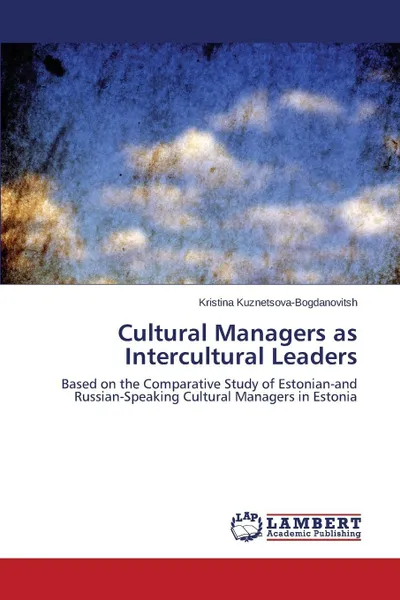Cultural Managers as Intercultural Leaders 12+
2014
124 страницы
Категория: Менеджмент и управление
ISBN: 9783659540226
Язык: Английский
📘 The intercultural tensions between Estonian-and Russian-speaking population in Estonia persist despite integration activities. The role of arts and cultural management in these activities is central in author's opinion and thus this book should be relevant for anyone working in or connected to the field. While the education process of cultural managers has developed a lot a number of managers still working in the field has received degrees before internationalisation and educational reforms. Nowadays they can profit from the active learning methods and experiential approach. Moreover, if they are aware of the differences in how people learn, then as leaders, managers, mentors, they can support and guide others more appropriately in their work as well as intercultural communication and cooperation. Although this book focuses on the Estonian situation it is equally valuable for diverse cultural contexts due to its cross-disciplinary approach in general and educational perspective in particular. One of the main findings, for example, demonstrates the lack of reflection and conceptualisation skills as well as underestimation of (formal) education by the managers.
Мнения
